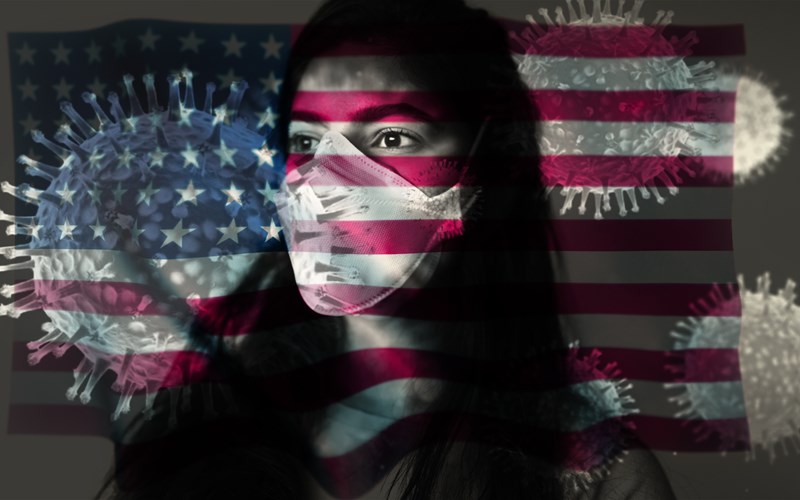Rebecca Oas, research director at UN watchdog Center for Family and Human Rights, or C-FAM, is familiar with the controversial Guideline Development Group at the WHO. That 20-member group is demanding better “access” to medical procedures for transgender people, such as hormone treatments and body-altering surgery, but what sounds like a panel concerned with people’s wellbeing is not what it seems, she says.
“It's important to recognize that this is really not being led from the standpoint of good medicine,” Oas warns, “but really from activist groups who are trying to basically change our concept of male and female.”
On that 20-member Guideline Development Group, at least 13 of the 20 members have been identified for a conflict of interest. Of those 13, 10 have a financial conflict of interest that involves encouraging – or even urging – struggling transgender people to take hormones or agree to a major surgery that butchers their body parts.
Just a few years ago a panel of medical experts would deal with transgenderism as a mental health issue, not unlike Schizophrenia, since people diagnosed as transgender feel like they were born in the wrong body. However, the American Psychological Association was forced – under pressure – to drop the term “gender identity disorder” because it was considered hurtful. Refusing to abandon mental help entirely, the APA renamed the condition “gender dysphoria” in 2012 to maintain some level of care.
Now that the issue of mental wellness has been diminished, if not abandoned, the controversial and experimental medical procedures are referred to as “gender affirming care" by activists who are themselves possible victims of mental illness.

The conflict over "gender affirming care" and mental health has not gone ignored by Oas. In a commentary published Feb. 2, she points out hormone therapy and surgery are viewed as help for transgender people "despite the fact that the WHO now asserts that these patients are not suffering from a mental health disorder."
C-FAM and Oas have identified one member of the Guideline Development Group, a Belgium trans activist named Cianan Russell. He was among those activists who were lobbying the APA to alter its diagnostic manual back in 2012, according to C-FAM.
Russell’s biography on Twitter states he is “non-binary” and uses the pronoun “they,” and includes the hash tag “TransIsBeautiful,” referring to what was once known as a mental illness.







